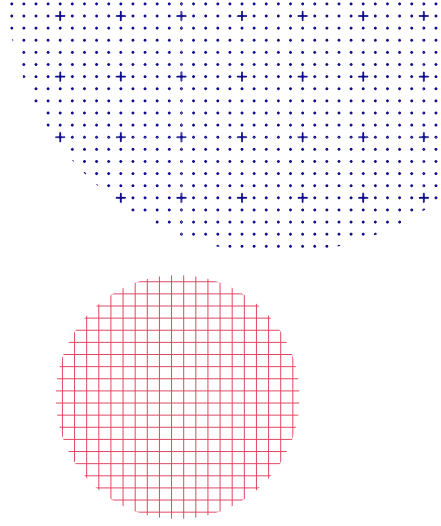Share the page
Supporting Senegalese micro-farmers
Project


-
Signature date
-
-
Location
-
Senegal
-
Financing tool
-
Financing amount (Euro)
-
10000000
-
Financing details
-
XOF 7.120.000 loan
-
Customer
-
Union des Mutuelles - Alliance de Crédit et d'Epargne pour la Production
-
Type of customer
-
Microfinance
-
Country of headquarters
-
Senegal
-
Project number
-
PSN1099
-
Environmental and social ranking
-
IF-C

This information is given at the time of signature, without prejudice to any developments in the operation/project.
Proparco has allocated financing to the microfinance institution ACEP Senegal to support local micro-borrowers.
Client presentation
L'Alliance de Crédit et d’Epargne pour la Production au Sénégal (ACEP Senegal) is a major institution in the country’s microfinance sector (3rd largest operator in terms of its market share for loans). The institution, which was created through a project between USAID and the Government of Senegal, started its activities in 1986. The objective was to provide access to credit for microentrepreneurs in the groundnut basin in west central Senegal. ACEP Senegal is today a mutual institution owned by its 218,000 members. Its organization is based on 11 mutual affiliates covering the entire country, with 19 regional branches and 88 offices.
Project description
The project involves the allocation of a loan in local currency (XOF) to support the growth in its lending activity to micro-farmers and micro-borrowers operating throughout the agrifood value chain. It will also support MSMEs owned or run by women.
Project impact
The expected impacts of the project are:
- 31 direct jobs created at ACEP Senegal over the next 5 years and 7,389 jobs maintained at ACEP Senegal and in the MSMEs financed under the project
- Support for more than 2,300 MSMEs mainly operating in the agriculture and agrifood sector in Senegal
- Access to 1,209 microcredits for ACEP Senegal’s clients
- A reduction in gender inequalities (the loan will partially finance small and medium-sized enterprises owned or run by women). In this respect, the project qualifies under the 2X Challenge initiative.
The project will contribute to SDGs 5 “Gender equality”, 8 “Decent work and economic growth” and 10 “Reduced inequalities”.


